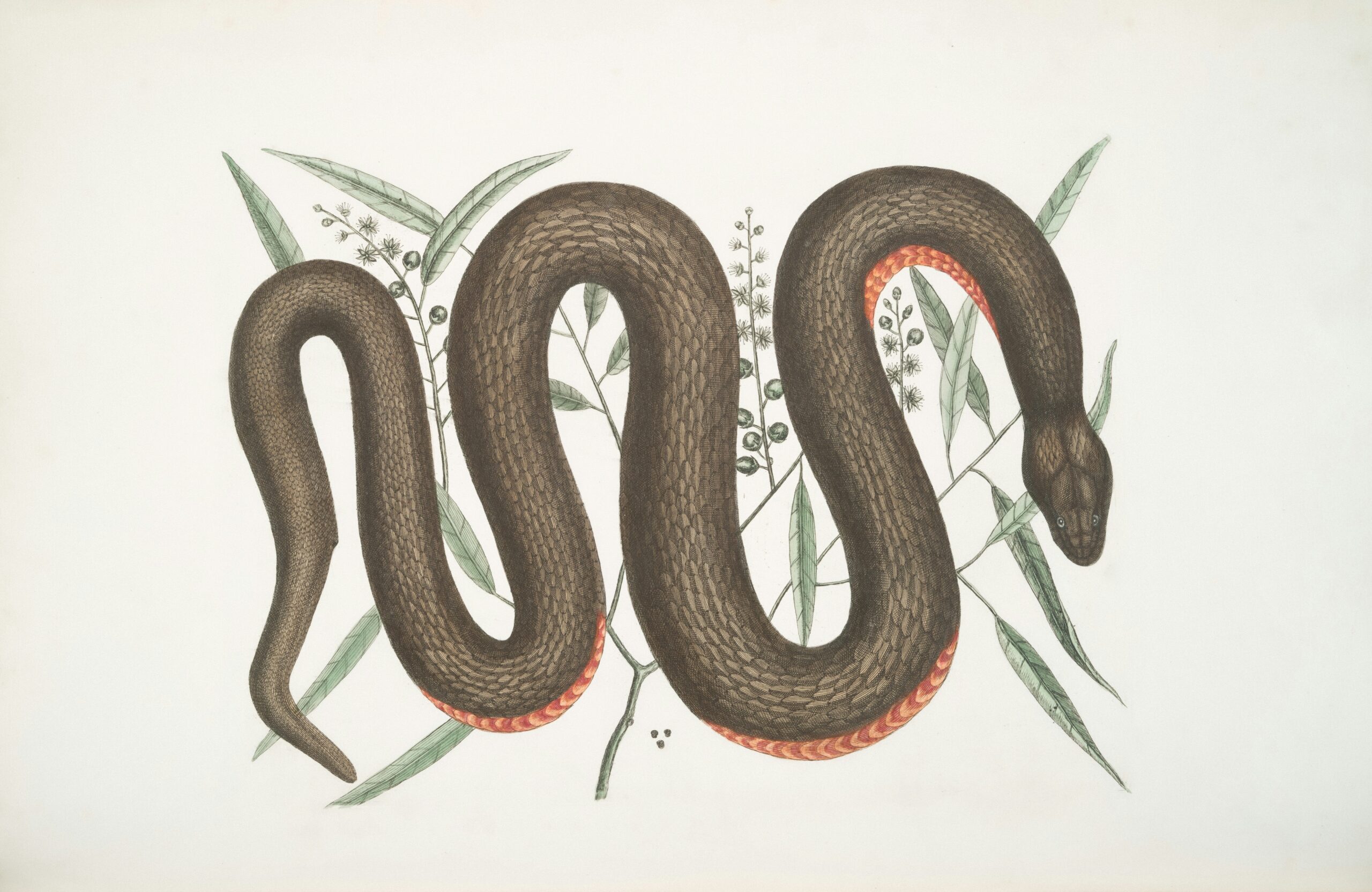
This is a question I get asked frequently by people thinking of moving to Tennessee from other areas. The short answer? Yes, there are snakes in Tennessee, but they are rarely a cause for concern. Here’s why.
Kinds of Snakes in Tennessee
Tennessee is home to approximately 32 snake species, with only four being venomous (fun fact: the correct term for snakes is “venomous,” not “poisonous”): the Northern Copperhead (Agkistrodon contortrix), Cottonmouth (Agkistrodon piscivorus), Timber Rattlesnake (Crotalus horridus), and Pygmy Rattlesnake (Sistrurus miliarius). If you’re moving to East Tennessee, you’ll only find the Northern Copperhead and the Timber Rattlesnake in this region (TWRA, UTK).
The most commonly seen snakes include the gray ratsnake, common watersnake, common garter snake, ring-necked snake, and black kingsnake. The good news? None of these are venomous.(reptile.guide)
How Often Do People See Snakes or Get Bitten in Tennessee?
Another important thing to remember about snakes is that even if you do get bitten (which is highly unlikely), a snake bite is rarely fatal. Nationwide, approximately 7,000 to 8,000 people are bitten by venomous snakes each year, with about 5 to 10 resulting in fatalities. In Tennessee, only seven venomous snakebite deaths occurred between 1980 and 2020. (UTK)
Many snake bites happen when people try to handle or kill a snake. Simply leaving the snake alone significantly reduces the risk of being bitten. If you’re hiking, wearing close-toed shoes and staying on trails is a good practice. If you’re gardening, wearing gloves can help prevent accidental bites. (TN Aquarium)
The best thing to do if you see a snake (even a dead one) is to leave it alone and back away. And remember—snakes are beneficial! They help control rodent populations, and the black kingsnake even hunts down other snakes, including venomous ones. In fact, it is illegal to kill any snake in Tennessee. (TN Aquarium)
Personal Experience with Snakes
Cassie, a Tennessee native, grew up in a rural area surrounded by woods. Even living in that environment, she only saw a few snakes per year—none of which were venomous. Most of them were small, harmless species. For example, we knew a black snake liked to hang out by the flower beds. We left it alone, and it left us alone. A few times, snakes did get inside the house, but that was likely because the garage door was often left open.
Now, living in a subdivision in Johnson City, she has seen about three snakes in four years—one of which was already dead. None of them were venomous.
The takeaway? Even in rural areas, snake encounters aren’t all that common, and in suburban areas, they’re even less frequent.
How to Prevent Snakes from Hanging Around Your Property
Encounters with snakes in residential areas are rare. Most snake sightings happen in forests, fields, or near water sources. If you want to reduce the chance of a snake visiting your yard, here are some simple tips:
✅ Keep your yard well-maintained. Tall grass and overgrown areas attract rodents, which in turn attract snakes.
✅ Remove debris, woodpiles, and clutter. Snakes love hidden spots to shelter.
✅ Seal any small openings or gaps. This helps prevent snakes from accidentally finding their way indoors.
✅ Control the rodent population. If you have mice, you’re more likely to have snakes. Keep pet food stored in sealed containers and avoid leaving food scraps outside.
(UTK)
Conclusion
Yes, Tennessee has snakes—but most are harmless, and even venomous species prefer to avoid humans whenever possible. The chances of encountering a dangerous snake in a residential neighborhood are low, and fatal bites are even rarer.
By taking simple precautions and appreciating the important role snakes play in controlling pests, you can live safely and comfortably in Tennessee—without fear of slithering surprises.
